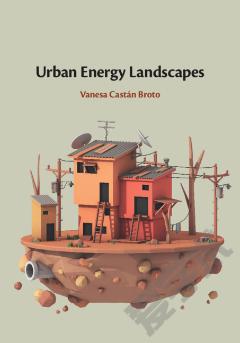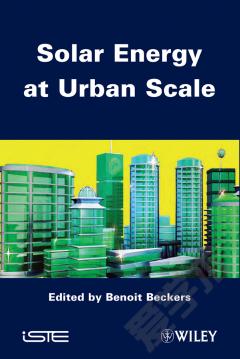Urban Energy Landscapes
The urban energy transition represents a transformation of such magnitude that it will require a re-examination of the fundamental relationship between societies and energy resources. The potential for cities to deliver sustainable energy for their citizens requires context-specific action. One-size-fits-all approaches - which assume homogeneity across cities and economies of scale in the extension of electricity networks - have largely failed to deliver sustainable energy for all. This challenge is existential, questioning the fundamental ways in which contemporary life is organized around energy. This innovative volume argues that the urban energy transition depends on specific urban trajectories and heterogeneous urban energy landscapes, reflecting both strategic projects of urbanization and people's dwelling practices.
{{comment.content}}








 京公网安备 11010802027623号
京公网安备 11010802027623号